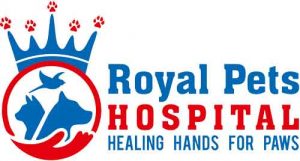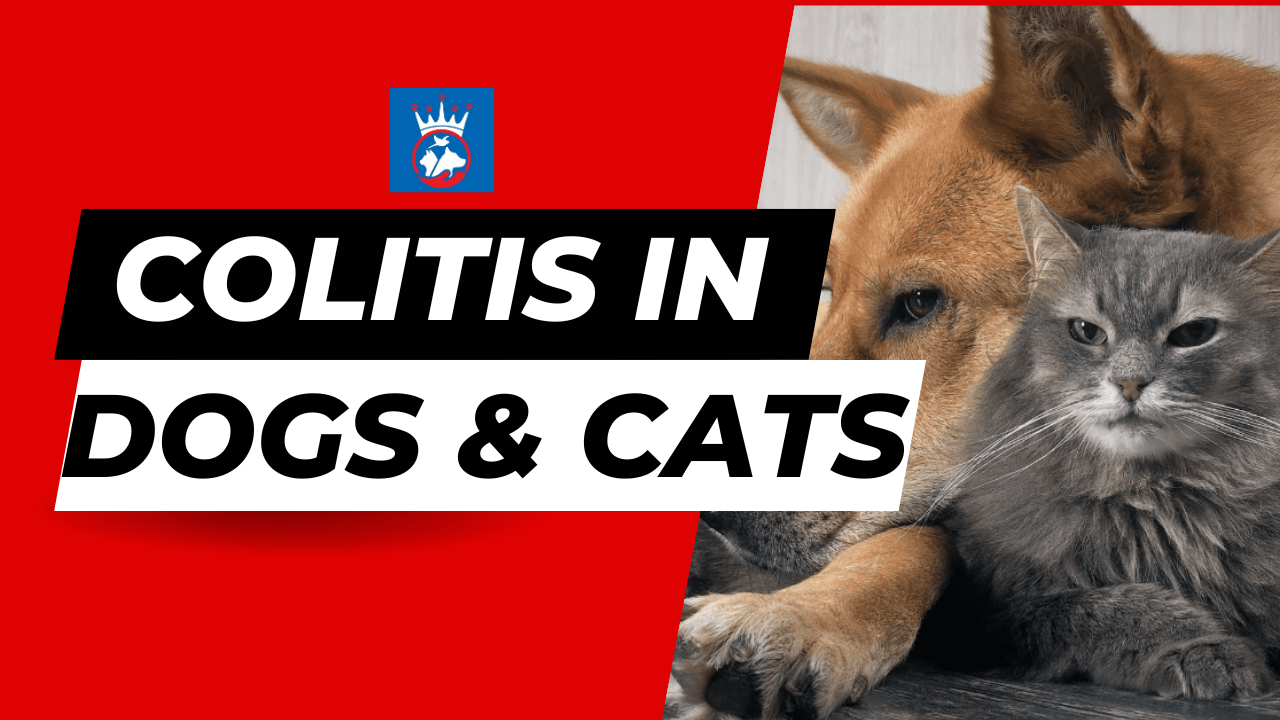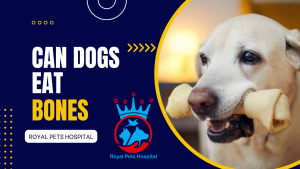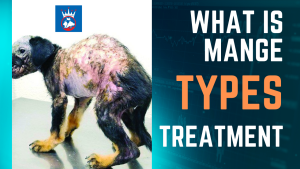Colitis is the inflammation of the colon (large intestine). It is often presented with chronic, large bowel diarrhea for unknown reasons in dogs and cats.
Function of colon
It is a major site of fecal storage until defecation and provides an environment for microorganisms. It also helps to balance fluid & electrolytes and absorbs nutrients.
Any disturbance to the normal function leads to a change in the colon’s motility and absorption.
Etiology of colitis
There might be multiple factors leading to colitis in cats & dogs. Majorly causes are listed as,
- Parasitic Infection (Giardia, Whipworms, Cryptosporidia, etc)
- Bacterial Infections (E.coli, Clostridium, Salmonella, etc)
- Fungal infections
- Genetic predisposition
- Any trauma or injury
- Disruptive neurological or vascular supply to the colon
- Reaction to dietary changes
- Any kind of idiopathic cause
Colitis is of four types depending upon the type of cell invading the intestinal layer.
- Lymphocytic-plasmacytic colitis (most common)
- Eosinophilic colitis
- Neutrophilic colitis
- Granulomatous colitis
Clinical Findings of colitis
- Large bowel diarrhea containing mucus
- Pet may show greater urgency and frequency of defecation.
- Decreased fecal volume
- Hematochezia
- Tenesmus
- Anorexia or hypoxia
- Vomiting and weight loss are rarely observed with colitis
Pathophysiology of colitis
In chronic colitis, the mucosa of the intestine is infiltrated with lymphocytes, plasma cells, and ulcerations. Goblet cells will start producing mucus that will interrupt the absorption of water, electrolytes, and motility of the colon. Inflammation will cause the intracellular junctions to disrupt and affect the transmucosal potential difference. Large migrating muscular contractions will proceed down the colon and expel the luminal content. Pet will suffer abdominal discomfort and urge to defecate.
In acute colitis, the mucosal layer is infiltrated with neutrophils, epithelial cells, and ulcerations.
Diagnostic techniques for colitis
- Clinical signs & history of cat or dog
2. Physical examination including rectal palpation & evaluation of feces.
3. Ultrasound & X-ray radiograph, if needed
4. Microscopic evaluation of stool
5. Blood test & colon biopsy
6. Fecal cultures
Treatment of colitis
Non-specific treatment:
- fasting for 24-48 hour
- Addition of a hypoallergenic diet with high fiber content
- Adding fermentable fiber to feed
Specific treatment:
- Give appropriate treatment for the specific infectious type of colitis according to diagnosis by the veterinarian.
- Dietary changes
- Anti-inflammatory drugs
- In the case of chronic colitis glucocorticoids in combination with dietary management, show a good prognosis.
Immunosuppressive drugs in combination with glucocorticoids are given when no improvements had been seen.




